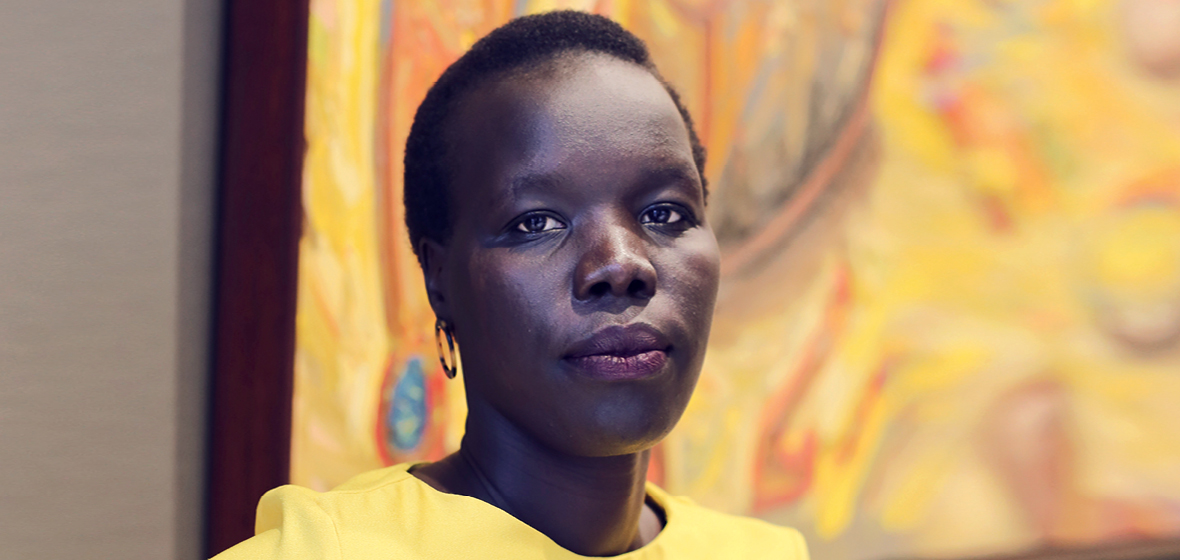January 2018 was a warm month in Melbourne. Most residents remember sweltering through the city’s hottest month in climate records dating back to 1910. But lawyer Nyadol Nyuon remembers one thing that was heating up faster: a media debate over the existence of African gang violence.
Nyuon had seen waves of reporting on “ethnic gangs” and “African gangs” since moving to Australia as a refugee at 18 and graduating from law at Melbourne University in 2014. These waves were usually set off by one small incident reported as an “exclusive”, then embellished and re-publicised by the echo chamber of modern media. But in 2018, social media added extraordinary fuel to the fire.
A debate raged on Twitter about an alleged “crisis” of Sudanese gangs. Home affairs Minister Peter Dutton told 2GB that Victorians were “scared to go out in restaurants” because of “African gang violence”. And Nyuon stayed up until 2am updating her security settings and blocking trolls.
Nyuon was asked to appear on The Drum on 2 January and host Adam Spencer asked her whether “young thugs” were the number one issue in Victoria.
“I said no,” says Nyuon. “I pointed out that race was not the only commonality between these boys. There was also housing, unemployment, struggles with school. A lot of these young people would’ve grown up here. So, we could say, actually, that some of the issues they are facing are Australian problems.”
“The over-emphasis of race and the consequences of that emphasis really annoyed me. It was just factually incorrect.”
Nyuon is a former refugee who was one of 90,000 Africans living in Kakuma refugee camp in Kenya in the early 2000s. She came to Australia when she was 18 with the dream of becoming a lawyer, and achieved this dream in 2016 when she started her job with Melbourne firm Arnold Bloch Liebler. Now a mother of two children aged under two, Nyuon is determined to flip the script on racism for future generations.
Nyuon’s life experience and legal knowledge helps her pour cool logic on the media hype that often flares up around race issues. She regularly appears on The Drum and wrote an essay in July 2018 in The Saturday Paper about how “racism diminishes humanity”. Her volunteer work empowering migrant and refugee women won Nyuon the Harmony Alliance Award in 2018. And in January 2019, the Australian Human Rights Commission recognised Nyuon’s advocacy by awarding her the prestigious “Racism: It Stops With Me” award.
She spoke to Kate Allman about how her days have changed.
I was born in a refugee camp in Ethiopia.
As a young girl, I was separated from my Mum and for years I lived with my extended family in Kakuma, a refugee camp in northern Kenya. My father was a guerrilla fighter who was killed when I was about 10 years old in one of the clashes between different rebel factions. Mum came to Kenya and found me when I was about 14 and she later moved the rest of my siblings to Kakuma to be together. My mother, six siblings and I all lived in a flat mud house with grass on top. There was one room that we all shared and slept in. Us kids spent most of our days in school and playing in the dry riverbed.




